Making Hard Conversations Easier
If you’re like our family, you’re a little obsessed with the Netflix series, Stranger Things. Even our children have talked us into letting them see the show (we watch it with them, of course). As we watched the show together, I kept waiting for the kids to be as creeped out as I was. When I asked them about it, our daughter said, “It’s definitely intense, but it’s not scary. The only scary part is when mom jumps.” (Which by the way is at least once every episode if not more).
I was thinking about our daughter’s reaction and applying the idea to hard conversations. Oftentimes those conversations will be intense, but they don’t have to be scary. And, I bet there are times when we think the conversation will be intense, and we actually become scared of the conversation because someone around us is jumpy about hard conversations. We, then, take our cue from that person and end up over-reacting to their interpretation.
How do we keep hard conversations in perspective? One way is to remember and state our joint purpose for the hard conversation. “We both want to serve our customers well. The other day I received from feedback from a customer about an interaction they had with you, and I wanted to talk to you about what happened and then see if there’s something we can work on together to be more effective in this area.”
A second way to keep hard conversations in proportion is to imagine what would happen if you didn’t address the situation. Could it result in someone getting fired or losing a promotion? Could it result in a lost business deal? Could it be creating an unpleasant team environment where you’ll end up with a lot of turnover because of this person’s behavior?
Too often we do someone a disservice by not addressing what needs to be said. How do you approach that conversation? A pastoral friend of mine uses this line, “I love you too much to not tell you…” While I wouldn’t say that in the workplace, I would say, “I respect you too much to not have this conversation.”
Hard feedback is intense, but it doesn’t have to be scary. Remember when you are giving and receiving feedback, that difficult conversation is a gift being offered to you. Treat it with the honor of a gift and help your team see feedback in that way too. Soon, it’ll be part of your work culture and all of you will benefit from what’s said, not hurting from what’s left unsaid.
Keynote speaker, trainer, and consultant, Sarah Gibson, helps organizations leverage the power of communication, teamwork and diversity to improve engagement and transform teams. To buy her book or inquire about her speaking programs, please visit www.sarahjgibson.com.




Very good tips on how to handle a difficult conversation! Our world needs more to hold more – not less- conversations for us to understand each other more. Keep up the great work, Sarah!
Thanks Paul! I’ve appreciated how you’ve modeled difficult conversations over the years.